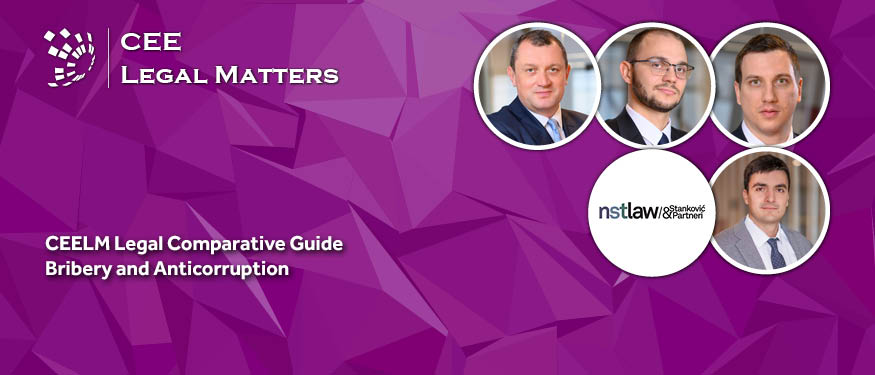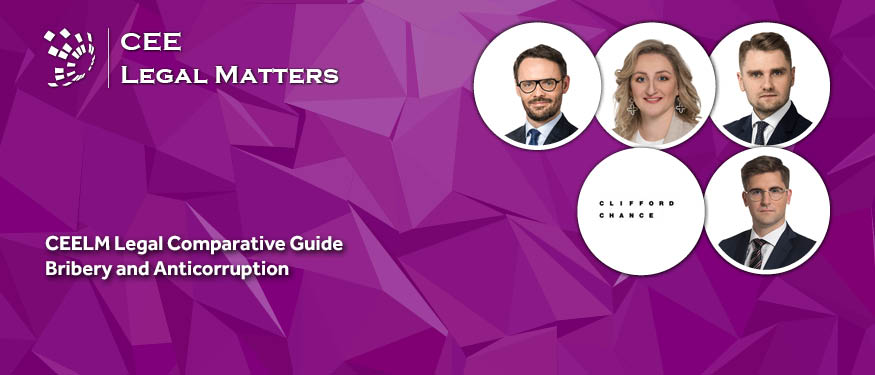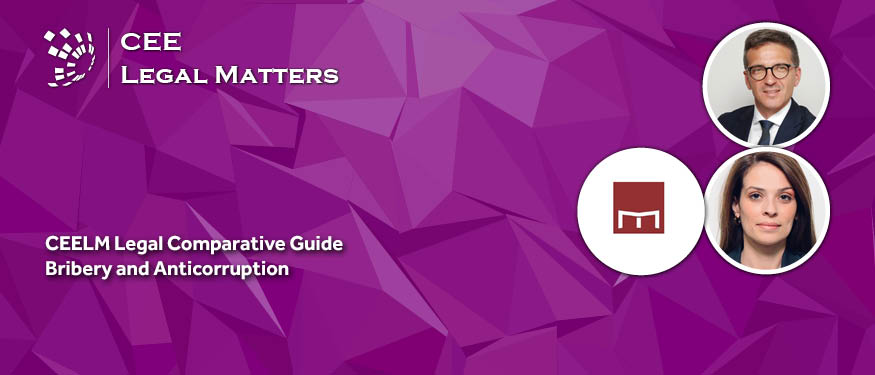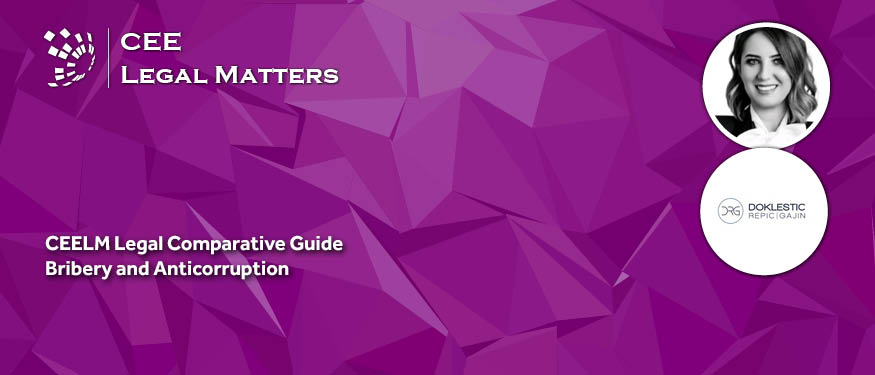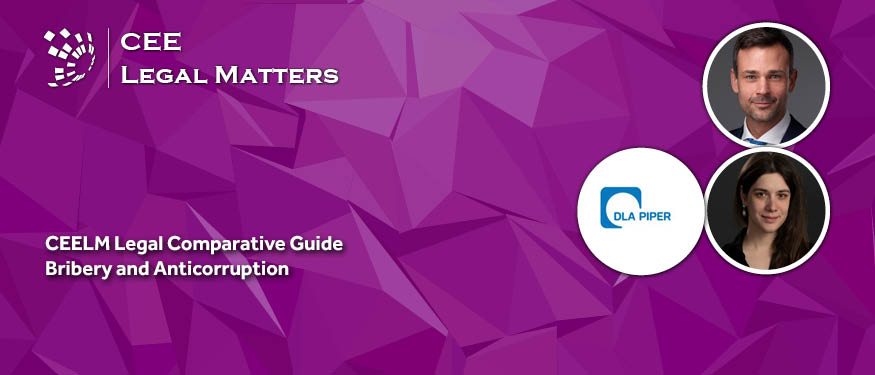Romania is accelerating its transition to renewable energy, aiming to expand wind and solar power as key components of its energy mix. In 2024, several new regulations were introduced to incentivize private investment and streamline project approvals, fostering a more attractive environment for green energy development.
A Busy Romanian Competition Council
The Romanian competition landscape has constantly been at the intersection of significant investment activity and intense regulatory enforcement.
Balancing the Scales: North Macedonia’s New Law on Unfair Trading Practices
North Macedonia has taken a significant step in regulating market competition with the enactment of the Law on the Prohibition of Unfair Trade Practices in the Supply Chain of Agricultural and Food Products (Law).
Facial Recognition and Minor Offences: New Hungarian Law Raises EU Compliance Questions
In March 2025, the Hungarian Parliament enacted legislation expanding the use of facial recognition technologies in minor offence procedures. The law is a part of broader efforts aimed at enhancing child protection measures, but has sparked considerable legal debate due to potential conflicts with European data protection laws, including the General Data Protection Regulation (GDPR) and the forthcoming EU Artificial Intelligence Act.
Bribery and Corruption in Ukraine
Contributed by Arzinger.
Bribery and Corruption in Slovenia
Contributed by Selih & Partnerji.
Bribery and Corruption in Serbia
Contributed by NSTLaw.
Bribery and Corruption in Romania
Contributed by Popescu & Asociatii.
Bribery and Corruption in Poland
Contributed by Clifford Chance.
Bribery and Corruption in North Macedonia
Contributed by Law Office Emil Miftari.
Bribery and Corruption in Montenegro
Contributed by Doklestic Repic & Gajin.
Bribery and Corruption in Hungary
Contributed by DLA Piper.
Bribery and Corruption in Estonia
Contributed by Cobalt.
Bribery and Corruption in Austria
Contributed by Schoenherr.
Austria: Application of EU Consumer Protection Law to Sports Agency Contracts with Minors
The Court of Justice of the European Union (CJEU) recently delivered a significant judgment in Case C-365/23 - Arce[1], addressing the application of EU consumer protection law to contracts involving minors in the sports sector.
Hungarian Minister Proposes Legislation to Enhance Transparency in State-Funded Projects
On 7 April 2025, Mr. János Lázár, Hungary’s Minister of Construction and Transport announced via social media his intention to introduce a major legislative initiative designed to overhaul the oversight of public investments.
Hungary Finalizes Key Cybersecurity Supervisory Rules under NIS2 Framework
On 17 April 2025, the President of the Hungarian Supervisory Authority for Regulated Activities (SZTFH) issued Decree 3/2025. (IV. 17.), setting out detailed provisions on cybersecurity supervision, the conduct of regulatory inspections, and the role of the information security supervisor.
Croatia Implements EU Digital Services Act
On 17 April 2025, the Law on the Implementation of Regulation (EU) 2022/2065 on the Single Market for Digital Services (the Digital Services Act or "DSA") (the "Law") entered into force in Croatia. The Law marks a significant step in harmonising the national legislation with the EU's regulatory framework for digital services.







